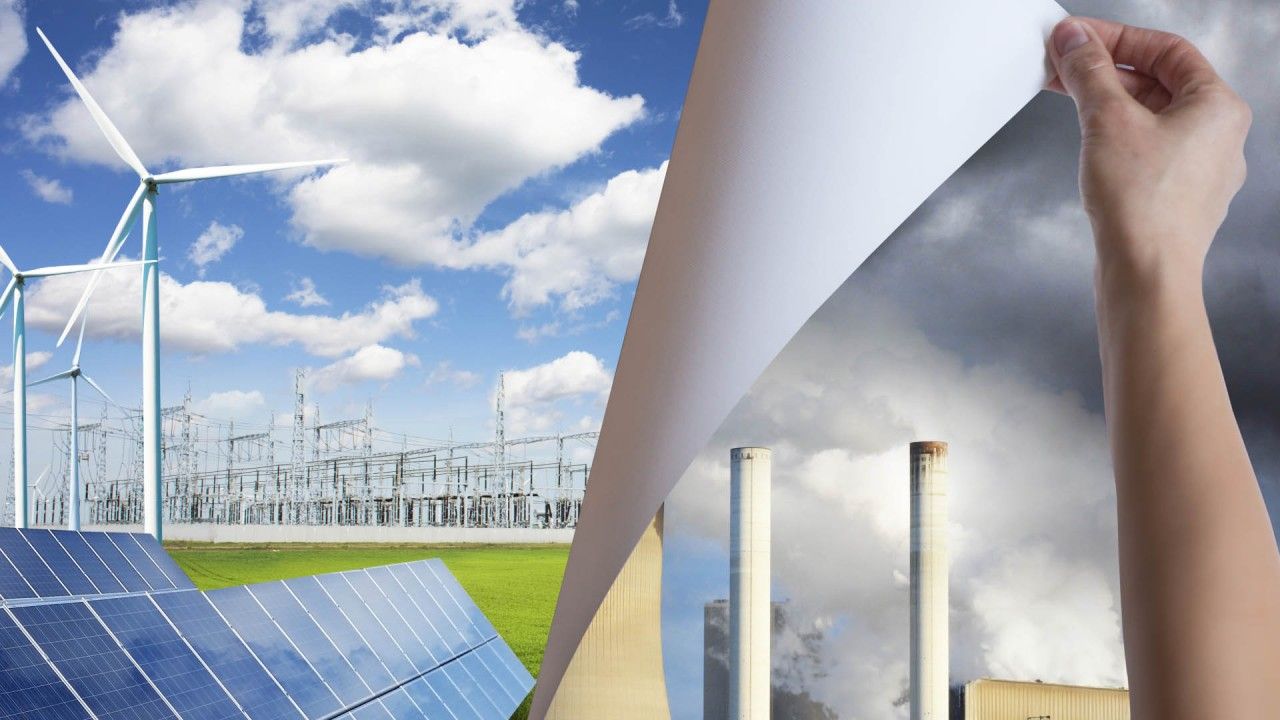WNAM REPORT: On December 17, 2023, President Ilham Aliyev of Azerbaijan engaged in an insightful interview with Dmitry Kiselev, the Director General of ‘Rossiya Segodnya’ International News Agency. The conversation, aired on Russia’s ‘Rossiya-1’ television channel and reported by RIA Novosti, delved into various aspects of Azerbaijan’s political, defense, and economic priorities. While much of the discussion centered on defense cooperation and regional dynamics, a significant portion of the interview shed light on Azerbaijan’s economic direction, particularly its energy sector, infrastructure projects, and international investments.
This analysis explores the key economic themes from President Ilham Aliyev’s remarks, which reflect the challenges and opportunities that lie ahead for Azerbaijan as it navigates its economic development amidst regional and global shifts.
Economic Resilience and Investment opportunities
Azerbaijan’s economic outlook is increasingly marked by diversification efforts and investments in key sectors, such as energy, infrastructure, and technology. One of the most significant aspects of President Aliyev’s interview was his emphasis on the country’s growing energy capacity and its strategic shift toward green energy initiatives.
President Ilham Aliyev highlighted Azerbaijan’s substantial natural gas reserves, pegged at 2.6 trillion cubic meters, which remain a cornerstone of the nation’s energy strategy. However, he also highlighted that, despite these abundant resources, Azerbaijan is actively exploring renewable energy sources, including solar, wind, and hydropower. This approach reflects the broader global trend towards green energy, and Azerbaijan is positioning itself as a key player in the regional energy transition.
The country’s commitment to expanding its renewable energy capacity was illustrated by ongoing projects in Garabagh and Eastern Zangazur, aimed at building small hydropower plants. The total capacity from these projects is expected to reach 500 megawatts within the next two years, contributing to Azerbaijan’s energy diversification strategy. This focus on renewable energy aligns with the World Bank’s estimates of significant wind energy potential in the Caspian Sea, which could see Azerbaijan generating up to 6,000 megawatts by 2030.
Furthermore, the President mentioned the importance of exploring an energy cable project linking Azerbaijan and Europe, specifically a 4,000-megawatt capacity cable across the Black Sea.
This project is part of a broader strategy to position Azerbaijan as a key supplier of clean energy to European markets, which are increasingly seeking alternative and sustainable energy sources to meet growing demand.
While these developments signal a positive trajectory for Azerbaijan’s energy sector, President Aliyev acknowledged that there are still hurdles to overcome. He noted the importance of attracting foreign investment, especially in the nuclear energy sector, where the country is exploring experimental mini-reactors for research purposes. This openness to co-investment demonstrates Azerbaijan’s willingness to embrace new technologies and partnerships, particularly in sectors that promise high returns for investors.
Reconstruction and infrastructure: An invitation to Russian investors
Another notable aspect of the interview was Azerbaijan’s appeal for greater Russian participation in the ongoing reconstruction of Garabagh, which has become a focal point for international cooperation. Since the cessation of hostilities in 2020, Azerbaijan has been focused on rebuilding the region, particularly its infrastructure, including roads, railroads, tunnels, and bridges.
President Ilham Aliyev specifically mentioned Russian companies’ involvement, citing the construction of a kindergarten in the Gubadli district funded by the Astrakhan region. However, he emphasized that while Russian companies have made some contributions, there remains substantial room for greater involvement. Given the scale of the reconstruction efforts, Azerbaijan is keen to attract more Russian contractors and investors, particularly those with expertise in large-scale infrastructure projects.
Notably, Azerbaijan has already welcomed foreign investments, including the establishment of a KAMAZ service center in the Jabrayil district, marking the first foreign investment project in the region. This is indicative of Azerbaijan’s broader strategy to create a business-friendly environment, where foreign companies, particularly from Russia, can play a crucial role in the economic revival of Garabagh. This approach highlights the potential for further economic cooperation between Azerbaijan and Russia, especially in sectors like construction, manufacturing, and technology.
The strategic balance: Energy, defense and economic growth
The economic aspects of President Aliyev’s interview reflect the country’s multifaced approach to growth. While Azerbaijan has traditionally relied on its oil and gas reserves as key economic drivers, the diversification into renewable energy, infrastructure development, and international investment signals a conscious effort to future-proof the economy.
At the same time, the Azerbaijani President’s responses on defense cooperation illustrate the ongoing strategic relationship with Russia. Although there have been no new contracts for Russian weapons in recent years, President Ilham Aliyev made it clear that Azerbaijan continues to monitor the Russian defense industry closely. His remarks pointed to a pragmatic approach to defense procurement, acknowledging the temporary suspension of certain contracts due to Russia’s domestic focus, but leaving the door open for future deals once the Russian defense industry regains its footing. This reflects the balancing act Azerbaijan must maintain between its economic interests and its security needs.
In conclusion, President Ilham Aliyev’s interview paints a picture of an Azerbaijan that is not only committed to maintaining its energy dominance but also evolving towards a more diversified and sustainable economy. The country’s investment in renewable energy, alongside efforts to rebuild Garabagh and attract foreign investment, signals a forward-looking approach that integrates both traditional and emerging sectors.
Moreover, Azerbaijan’s focus on energy security and green projects aligns with global trends while positioning the nation as a key partner in Europe’s search for alternative energy sources. The openness to Russian investment in reconstruction and infrastructure offers a clear invitation to Russian businesses, enhancing the prospects for deeper economic ties between the two nations.
As Azerbaijan navigates the complexities of regional geopolitics and economic development, its leadership is carefully balancing domestic priorities with international opportunities. The coming years will reveal whether the country can successfully capitalize on these initiatives to secure long-term growth and stability in an increasingly competitive global economy.


